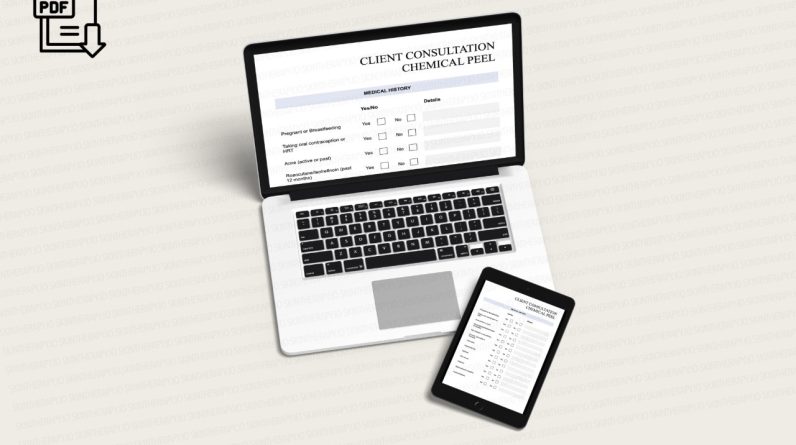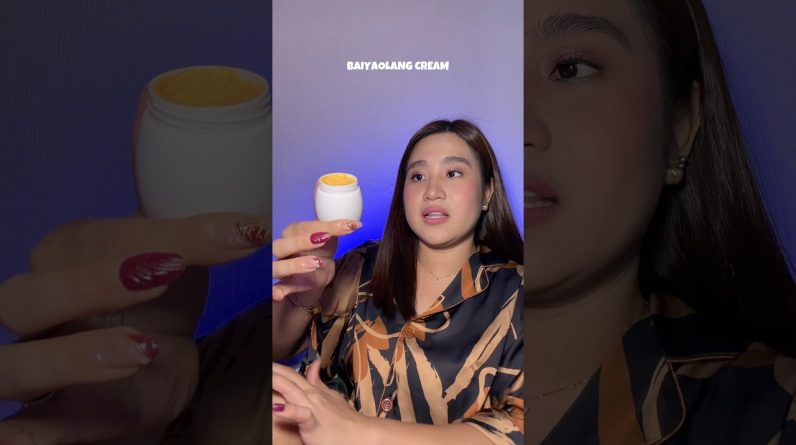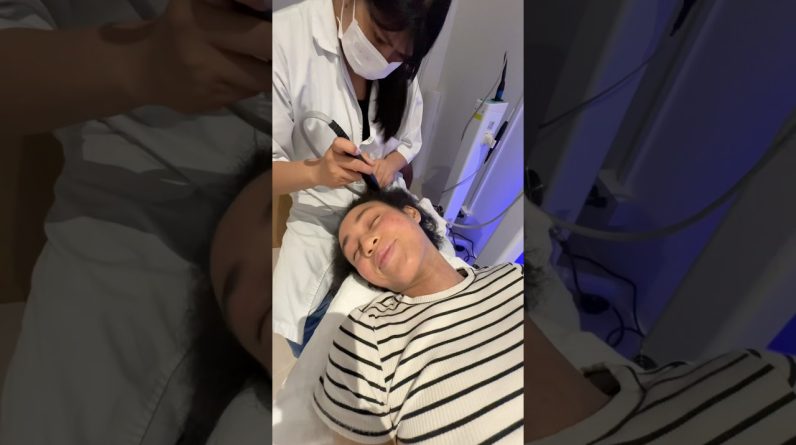Have you ever noticed a red spot on your skin that came followed by some symptoms like itchiness, swelling, or burning?
These signs may happen for many reasons, but they are usually associated with diseases like psoriasis, mycosis, viral skin infections, and allergies.
In today’s video, we will talk about the diseases that cause these red spots on your skin.
0:00 Causes of red spots on the skin
0:31 Allergy
Spots caused by allergies are usually medium-sized and can be red or white.
0:51 Heat rash (miliaria crystallina)
Red spots, rashes, and bumps affect mainly children and babies.
1:05 Atopic dermatitis
Chronic disease of genetic origin, characterized by the presence of red rashes that cause itchiness, dryness, and formation of crust.
1:35 Contact dermatitis
Also called contact eczema, it is a skin inflammation caused by an allergic or irritating agent.
2:07 Seborrheic dermatitis
It is a chronic inflammation of the skin in areas like eyebrows, ears, sides of nose, and scalp.
2:39 Mycosis
Mycosis is a skin disease caused by fungi that causes itchiness, flaking, and redness.
2:59 Rosacea
Rosacea is a chronic inflammatory disease that appears as red spots on the face, especially on the forehead, nose, and cheeks.
3:24 Scabies
Red spots appear mainly in the hands and armpits and cause intense itchiness, especially during the night.
3:31 Urticaria
Also known as hives, this skin irritation shows as slightly swollen red spots that itch a lot.
Now that you know some of the diseases that cause red spots on your skin, see a doctor to identify the cause and start the treatment, which may include the use of analgesics, anti-inflammatories, and even antibiotics.
—————————————-
Facebook:
Pinterest:
Disclaimer: The materials and the information contained on Natural Cures channel are provided for general and educational purposes only and do not constitute any legal, medical or other professional advice on any subject matter. These statements have not been evaluated by the FDA and are not intended to diagnose, treat or cure any disease. Always seek the advice of your physician or other qualified health provider prior to starting any new diet or treatment and with any questions you may have regarding a medical condition. If you have or suspect that you have a medical problem, promptly contact your health care provider.
source








